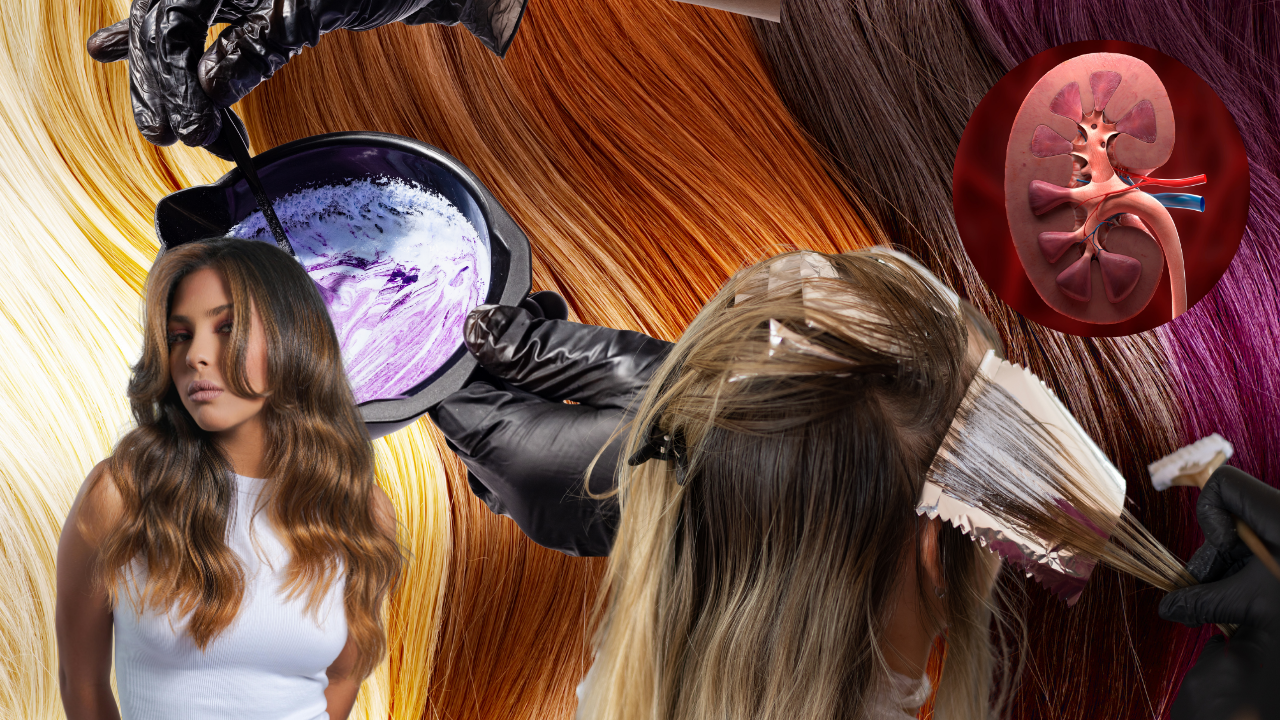Synthetic Hair Dyes and Skin Whitening Creams: What You Need to Know About Kidney Damage

Credits: Canva
SummaryCovering grey hair or experimenting with a new shade is often just routine. But most synthetic dyes are a mix of chemicals like paraphenylenediamine (PPD), ammonia, resorcinol, and lead acetate. These chemicals can seep through the scalp and skin, eventually making their way to your kidneys. Steer clear of products that do not list ingredients or come from dubious sources. Safe alternatives exist; you just need to be choosy.
End of Article
